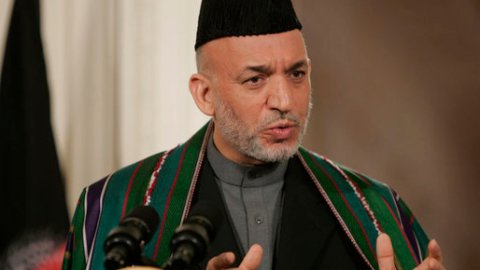Should The Press Obey The Afghan Media Blackout?

If a bear does his business in the woods and nobody is there to see it, did it in fact happen? I am reminded of this parable amid calls from Kabul for journalists not to cover pre-election violence in Afghanistan. I found myself watching the BBC’s coverage of Afghans going to the polls, on a “peaceful” and “sunny” day in Kabul. But I couldn’t help thinking: Is there violence going on that viewers like me are not being told about? Should journalists observe a blackout by the government to not cover bad news? And is all this window-dressing to make the $220 million election look like a success to an international audience?
There is a lot riding on this poll. Part of the reason for the bombings, kidnappings and other killings by the Taliban, of course, is to draw media coverage and sow fear in voters. If there is no media present, perhaps the violence might simmer down some, or at least the culture of fear may diminish and Afghans will come out in droves to place their vote. But a media blackout strikes me as trying to wish away the violence and other bad news. If there is no media present to cover violence, what about media present to cover the ballot-counting? Afghans argue it is constitutionally OK to ban media in “exceptional situations.” But that smacks right in the face of what the elections are all about, which is bringing democracy to this war-torn land. If a bomb goes off in Afghanistan, the world has a right to hear about it.





